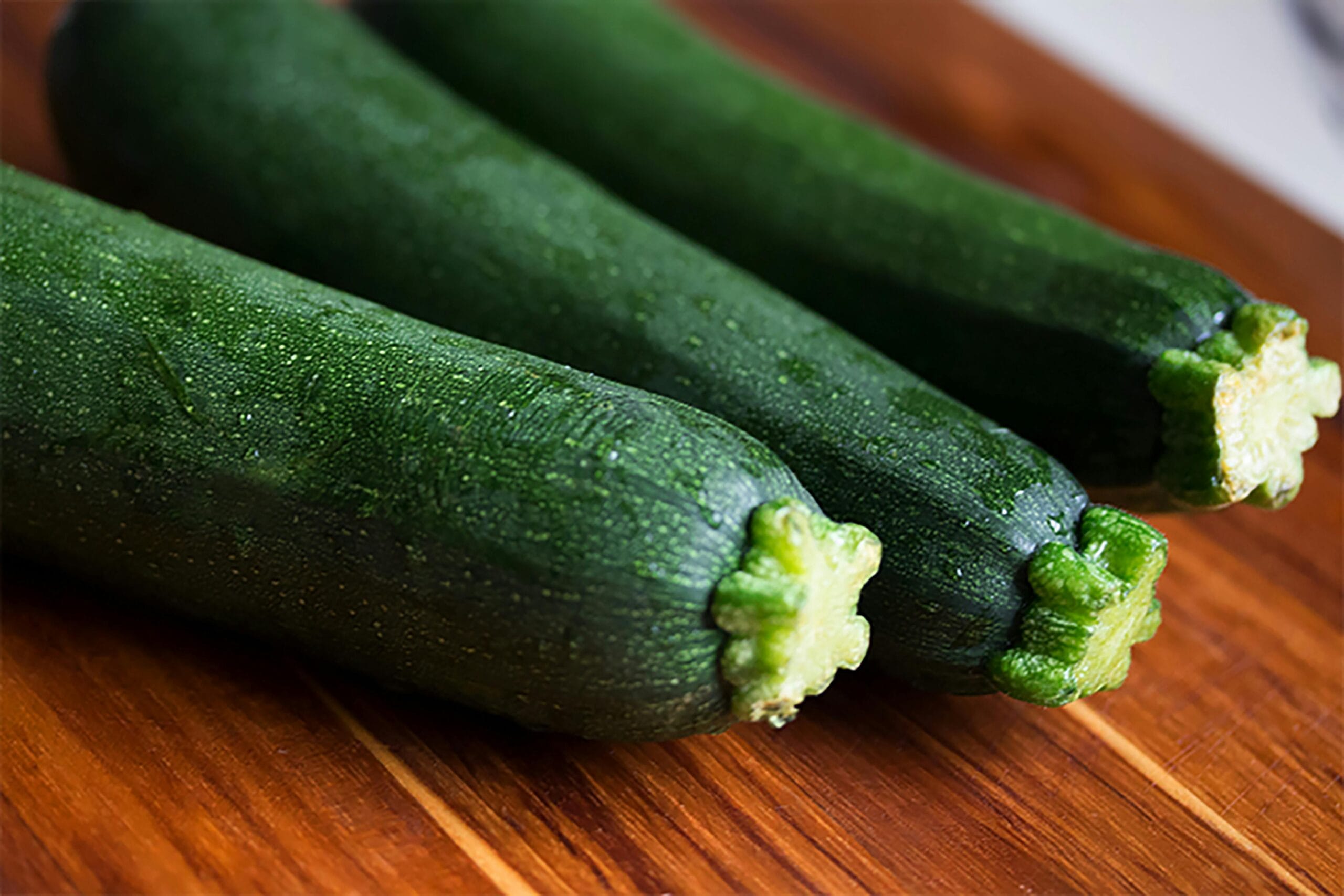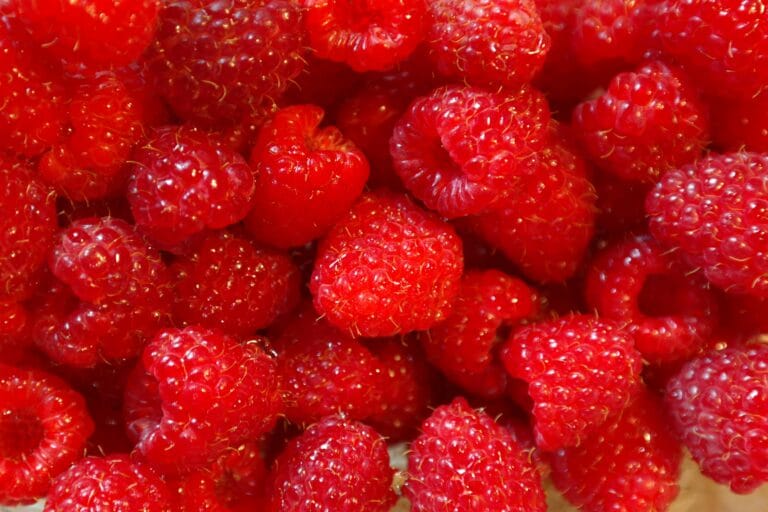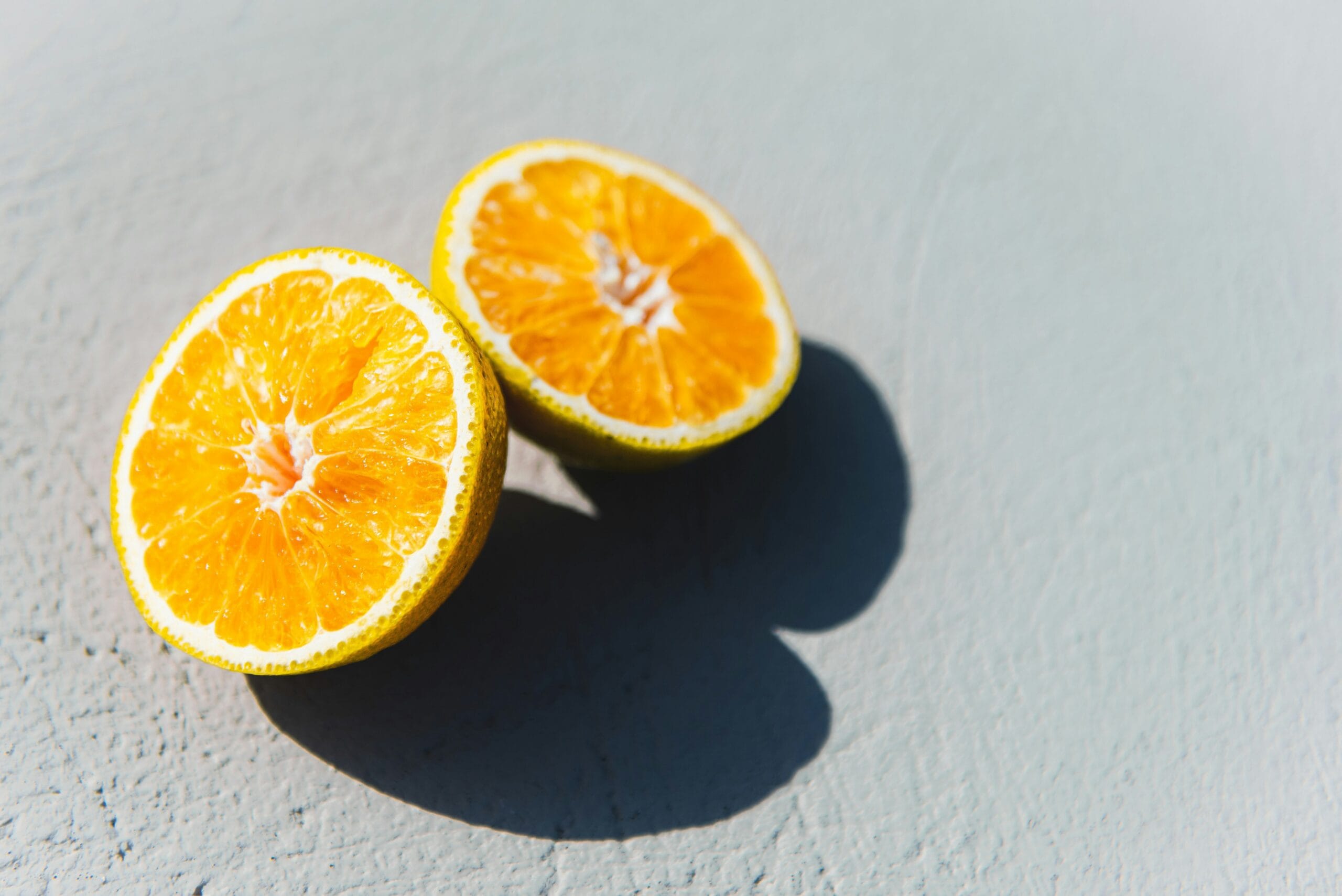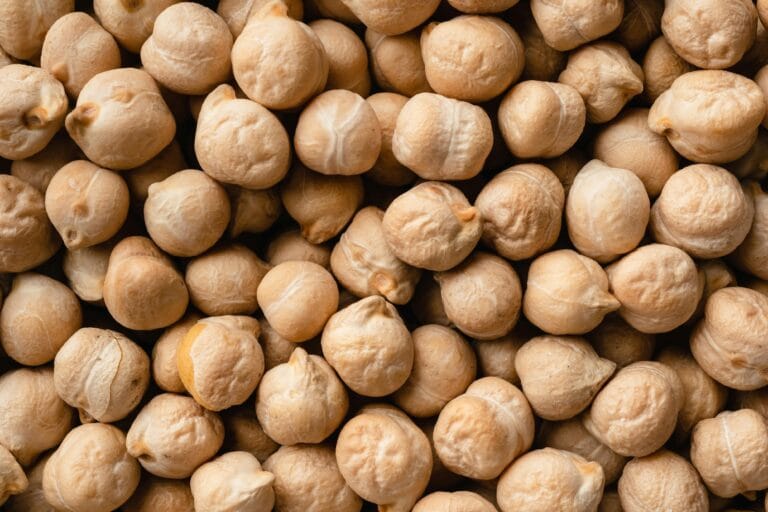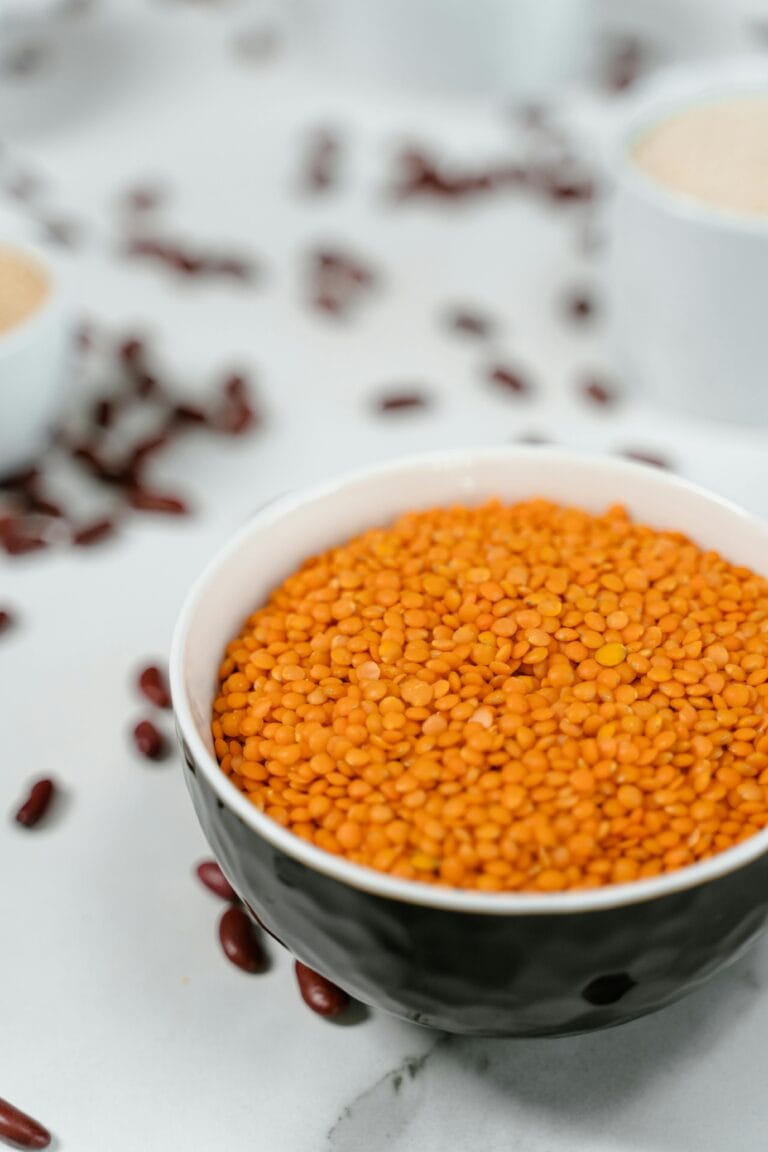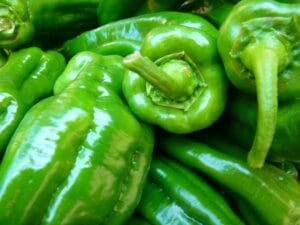Introduction to Zucchini
Zucchini, scientifically known as Cucurbita pepo, is a summer squash that is highly regarded for its versatility in cooking and numerous health benefits. Originating in Mesoamerica, zucchinis became popular in North America in the 19th century and continue to be a staple vegetable in various cuisines around the world. They are commonly characterized by their smooth, dark green skin, although there are also varieties that exhibit a yellow or striped appearance. Zucchinis can vary in size, but they are typically harvested while still immature, ensuring a tender and flavorful vegetable.
This delicious vegetable is appreciated not only for its mild flavor but also for its adaptability in a wide range of dishes. From stir-fries and salads to soups and baked goods, zucchini can be incorporated into both savory and sweet recipes. Its ability to absorb flavors and enhance the taste of a dish makes it a favorite among chefs and home cooks alike. Additionally, zucchini is often used as a low-calorie substitute for higher-carb ingredients, appealing to those pursuing a healthier lifestyle.
Zucchini is rich in essential vitamins and minerals, making it a valuable addition to any diet. It is an excellent source of vitamins C and A, both of which are important for maintaining skin health and bolstering the immune system. Furthermore, zucchini provides a good amount of dietary fiber, promoting digestive health and helping to maintain a healthy weight. The combination of these nutritional attributes contributes to the increasing popularity of zucchini in healthy cooking, as individuals seek to incorporate more nutrient-dense foods into their meals.
Health Benefits of Zucchini
Zucchini is a nutrient-rich vegetable that offers an impressive array of health benefits, making it a valuable addition to a balanced diet. With a low calorie content, this delicious vegetable is perfect for those seeking to manage their weight while still enjoying flavorful meals. Zucchini is predominantly composed of water, which aids in hydration and helps to maintain optimal bodily functions. Consuming foods with high water content can significantly contribute to daily fluid intake, promoting overall health.
One of the standout features of zucchini is its rich supply of essential vitamins and minerals. Notably, it is an excellent source of vitamin C, which is crucial for maintaining a robust immune system and aiding in collagen production for healthy skin. Additionally, zucchini offers significant amounts of potassium, a mineral that helps regulate blood pressure and supports proper muscle function. It also boasts antioxidants, which play an essential role in protecting the body from oxidative stress and reducing the risk of chronic diseases.
Incorporating zucchini into your diet can also have positive effects on specific health conditions. Its high fiber content promotes digestion, which can help alleviate constipation and support a healthy gastrointestinal system. Moreover, the low glycemic index of zucchini makes it a diabetic-friendly food choice, as it can help stabilize blood sugar levels. Regular consumption of zucchini may also contribute to heart health, as the combination of its vitamins, potassium, and antioxidants supports cardiovascular function and may lower the risk of heart disease.
Overall, zucchini is not only a flexible ingredient in various dishes but also a powerhouse of nutrients that promote overall health. Its incorporation into everyday cooking can serve to enhance a nutritious lifestyle while still providing delicious meals.
Daily Uses of Zucchini in Cooking
Zucchini, a versatile vegetable, can be easily incorporated into daily meals across various cooking methods, offering a myriad of options for delicious and healthy dishes. One popular way to prepare zucchini is by grilling it. Simply slice the zucchini into rounds or lengthwise, brush with olive oil, and season with salt and pepper. Grilled zucchini makes a fantastic side dish or can be added to salads for an extra crunch.
Sautéing is another quick and efficient method to enjoy this nutritious vegetable. When diced, zucchini can be cooked rapidly in a pan with garlic and onions for a flavor-packed addition to pasta dishes or grain bowls. The soft texture and subtle flavor of sautéed zucchini blend seamlessly into various recipes, enhancing their taste while providing essential vitamins.
Baking zucchini is also an option worth exploring. Zucchini bread is an excellent choice for breakfast or as a snack. Combining shredded zucchini, whole wheat flour, and spices, you can create a healthier version of traditional quick breads. Additionally, zucchini can be used in muffins, pancakes, or added to casseroles for added moisture and nutrition.
For those looking to reduce calorie intake, zucchini can serve as an exceptional substitute for higher-calorie ingredients. Spiralizing zucchini into noodles, known as “zoodles,” provides a gluten-free alternative to pasta, perfect for keto and vegetarian diets. Furthermore, zucchini can replace certain fats in baked goods, contributing moisture without the added calories.
Incorporating zucchini into meals can be simple and inventive, whether in breakfast gallettes, lunch salads, dinner stir-fries, or healthy snacks. Its adaptability allows for creativity in the kitchen while ensuring that meals remain nutritious and satisfying, making it a key ingredient for any health-conscious cooking.
Choosing and Storing Zucchini
When it comes to selecting zucchini at the grocery store or farmers’ market, several key factors contribute to ensuring you bring home a delicious and healthy batch. Look for zucchini that have a vibrant green color, which indicates freshness. Zucchini with a slight sheen to their skin is also considered optimal, as this reflects their ripeness. Additionally, choose zucchini that are firm to the touch; avoid those that feel soft or have blemishes, as these may be signs of spoilage.
In terms of size, smaller zucchini, typically around 6 to 8 inches in length, are generally more tender and flavorful. Larger zucchini can be watery and may have tougher skin, which may require peeling and seeding for certain recipes. Furthermore, consider organic zucchini when possible; they are often grown without synthetic fertilizers or pesticides, contributing to a healthier and more nutritious vegetable option.
Once you have selected the perfect zucchini, proper storage is crucial to maintaining its freshness and flavor. Store zucchini in the refrigerator, ideally in a crisper drawer. You can place it in a plastic bag with holes or a breathable container to allow for airflow, preventing moisture buildup which can lead to decay.
If you wish to enjoy zucchini later, freezing it is a viable option. To prepare zucchini for freezing, wash it thoroughly and slice it into desired shapes. Blanching, by briefly immersing zucchini in boiling water and then cooling it in ice water, will help preserve its color, texture, and vitamins. After this method, place the zucchini in airtight containers or freezer bags, removing as much air as possible before sealing. By following these tips, you’ll be able to select and store zucchini effectively, ensuring it stays delicious and healthy for your cooking needs.

